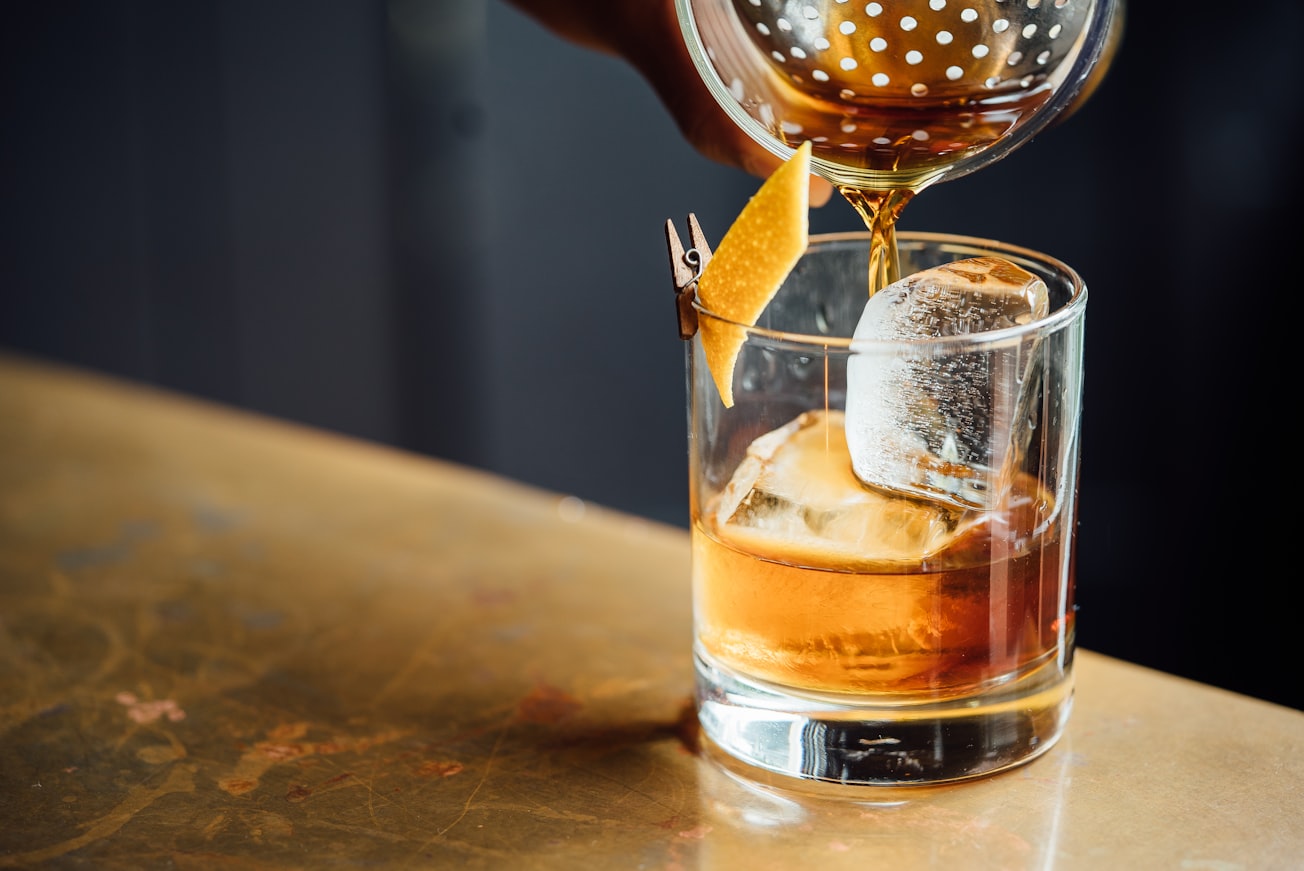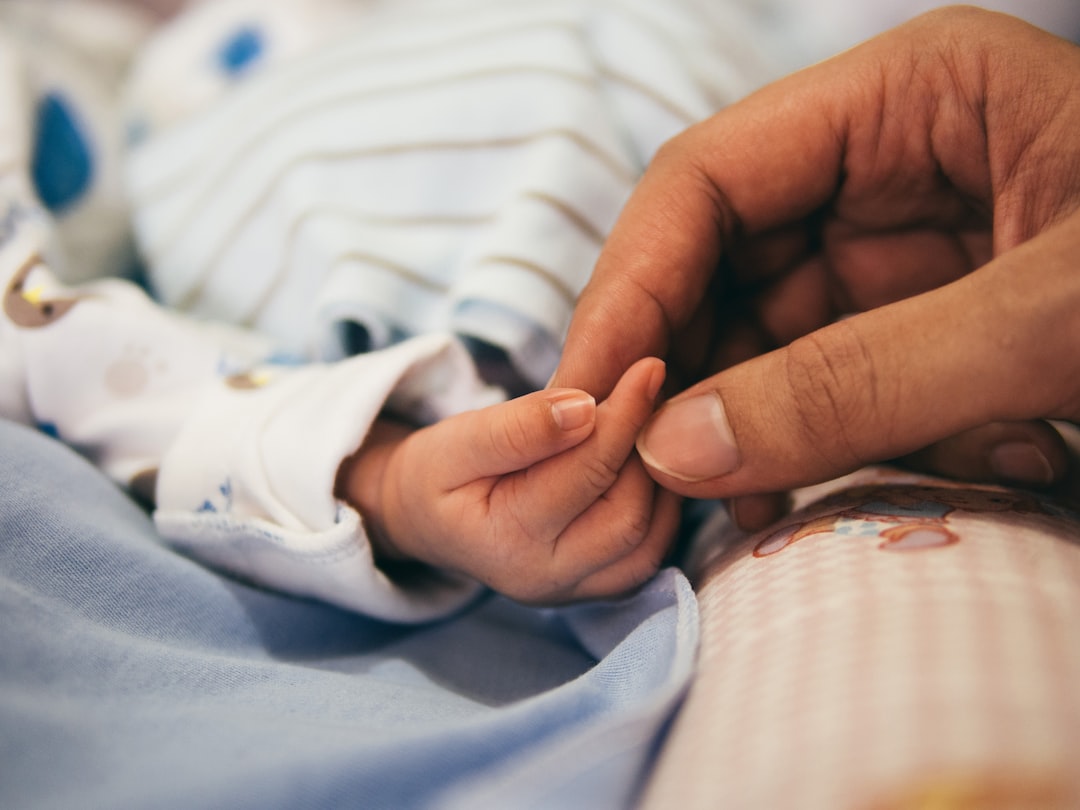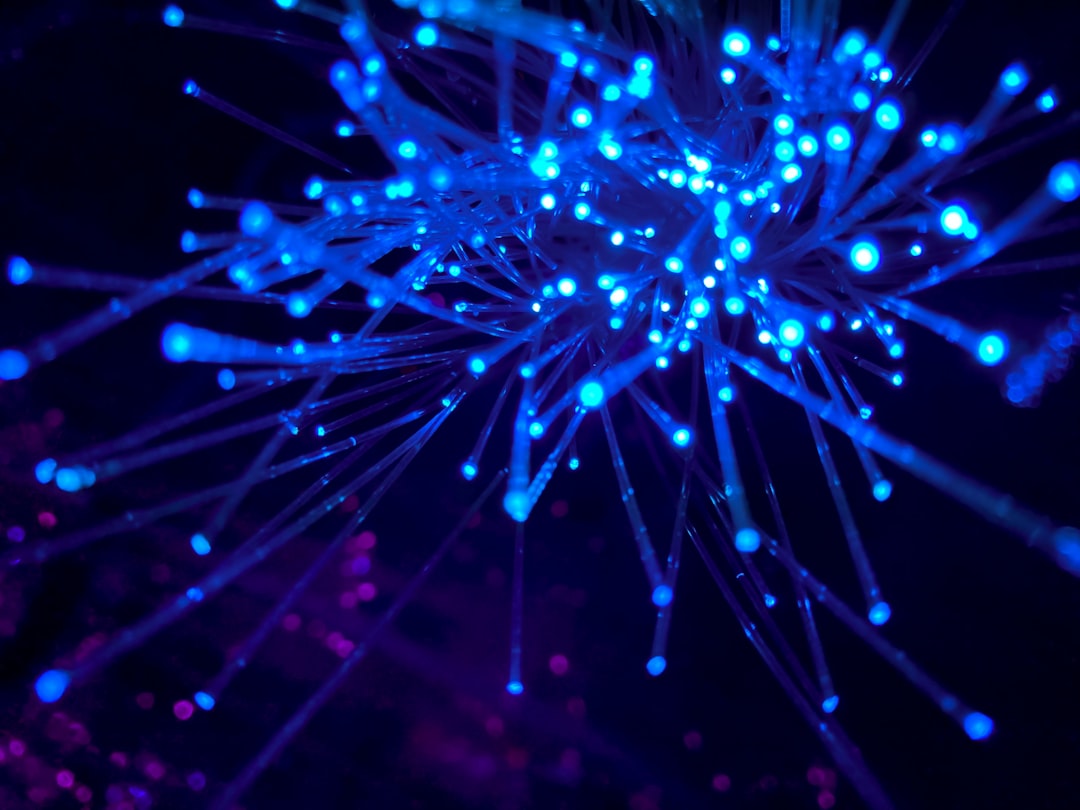What is it about?
Alcohol and caffeine are two of the most commonly used substances for manipulating sleep and wakefulness. While past studies have documented the harmful effects of either alcohol or caffeine in isolation on sleep, the combined effects of consuming both substances are considerably less well understood, despite the fact that the two substances are commonly consumed in combination or on the same day in real-world settings. Here, for the first time, we demonstrate the real-world detrimental impacts of alcohol and caffeine consumption, and their combination consumption, on sleep quantity and quality using a six-week micro-longitudinal design in a cohort of financial traders - an occupation wherein the (ab)use of alcohol and caffeine have been found to be high. 1. Caffeine consumption did not, contrary to prediction, impair the quality of sleep within individuals, across nights. Instead, caffeine markedly and detrimentally impaired the quantity of sleep. 2. Alcohol consumption resulted in a significant negative impact on degrading the subjective quality of sleep and increasing the fragmentation of sleep, within individuals from night to night. 3. Most novel, when consumed in combination, alcohol in the evening interacted with the effects of ongoing caffeine consumption, such that alcohol partially mitigated the impairments in sleep quantity otherwise associated with coffee consumption. This latter finding provides a novel explanation for why individuals habitually self-medicate with night-time alcohol to override the effects of their excess daytime caffeine intake.
Featured Image

Photo by Adam Jaime on Unsplash
Why is it important?
Our findings suggest that the sedating effects of alcohol may be used in an attempt to obscure the psychoactive stimulant effects of caffeine on sleep quantity. That is, our findings potentially explain the common, real-world inter-dependent use seen in numerous sectors of the society including the financial services sector (i.e., “self-medicating” sedation with alcohol in the evening to combat the prior over-consumption of caffeine during the day). More generally, our results contribute to a unique understanding of the singular and the combinatory impact of two of the most commonly used substances for augmenting human consciousness under free-living, real-world conditions, the performance-impairing (and thus economic-cost) consequences of which may be relevant to the business sector and the society. In addition to the scientific merits, our results have therapeutic implications. Since drinking alcoholic and caffeinated beverages is a voluntary behavior, our real-world data serve as reaffirming motivational evidence that minimizing their consumption is an actionable insight for behaviorally-oriented sleep interventions. Our findings also are in line with recent discoveries on the effect of alcohol on brain health, such as 2021 findings from Topiwala and colleagues at Oxford University which found that no dose of alcohol consumption, no matter how small, was safe from harming the brain.
Read the Original
This page is a summary of: Sleep, alcohol, and caffeine in financial traders, PLoS ONE, November 2023, PLOS,
DOI: 10.1371/journal.pone.0291675.
You can read the full text:
Contributors
The following have contributed to this page










